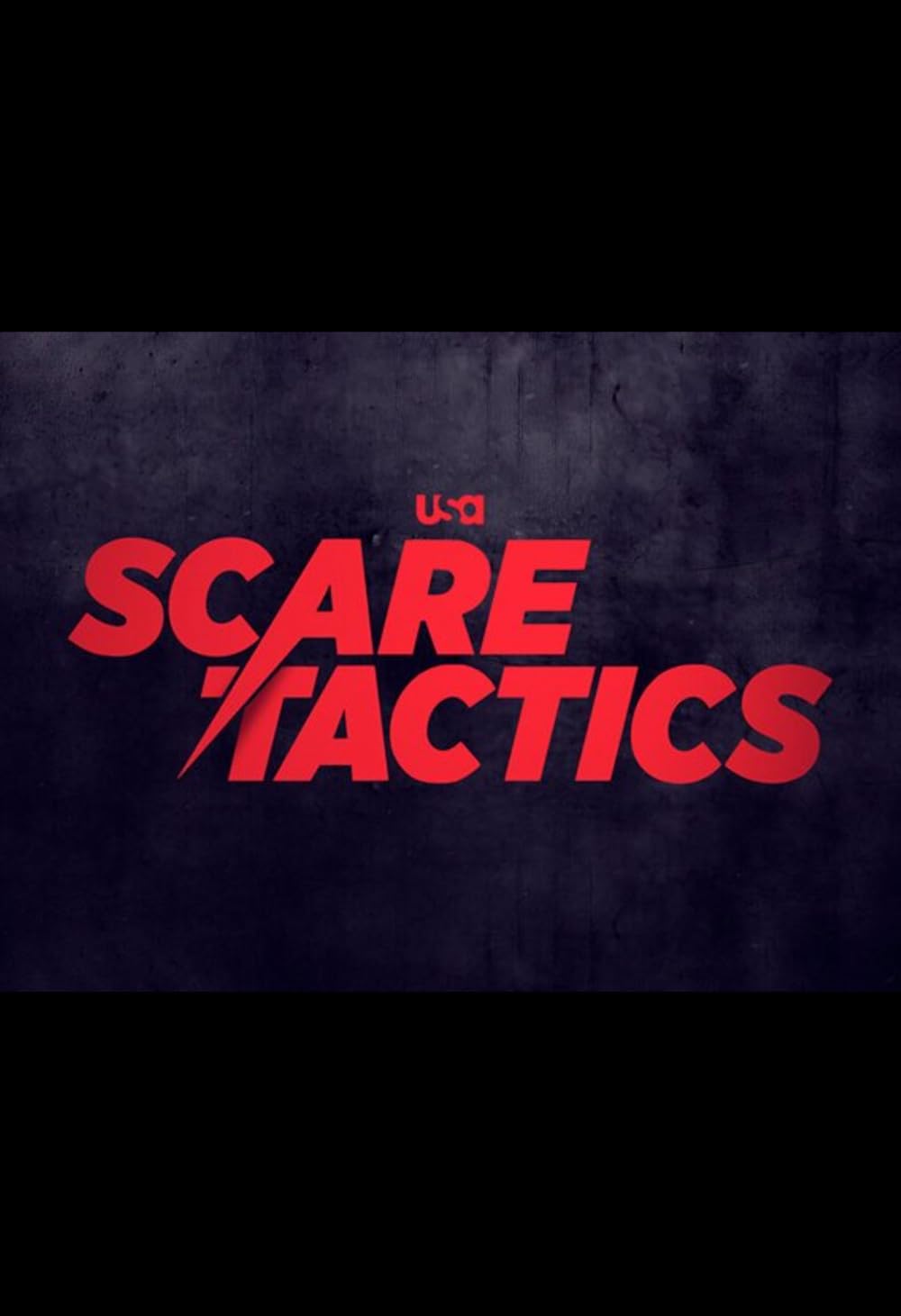ARTICLE AD BOX
"The rain, the clouds, the lack of sun - I feel at home here," Nikita Vitiugov says. London, the chess grandmaster remarks, feels similar to St Petersburg, in terms of the weather, at least.
One of the best players in the world, Nikita was once one of Russia's brightest talents.
But after speaking out about the war in Ukraine, he says he can't risk going back. Now he plays for England and lives in London.
Ukraine war: Follow latest
While the era of the Soviet Union and America going to war over the chessboard to establish intellectual dominance is over, and players no longer attract the same fame and notoriety as chess titans Garry Kasparov and Bobby Fischer did in their heyday, chess is still a big deal in Russia.

A number of well-known Russian chess players have denounced the war in Ukraine following the full-scale invasion in February 2022.
In a country where dissent is dangerous, it's a big statement. Nikita was among them.
'They consider London the capital of hell'
We're sitting in a cafe in north London, where the 37-year-old grandmaster has made his home with his wife and young son over the last year.
"There was a show on Russian TV about chess players who changed their flags," Nikita says. He's wearing a black polo neck jumper, with his long hair pushed back. "They paid special attention to my case."
While some players who left Russia switched to play for countries like Serbia or Spain, Nikita was the most high-profile to adopt the St George's Cross as his new national flag. He's currently ranked 61st in the world and number two in England.
"In Russian propaganda they consider London to be the capital of hell," he says with a smile.

In a way, it's not surprising some in Russia think of Britain this way. The UK has been at the forefront of the European effort to provide weapons to Ukraine and is frequently the subject of the ire of Russian TV pundits.
Since the war broke out, the Chess Federation of Russia has been sanctioned by the world chess community and Russian players are banned from playing under their own flag.
Nikita was living in Spain and playing in Europe when Kremlin tanks rolled over Ukraine's northern border and stormed towards the capital, Kyiv.
When he woke up the day after the invasion, he knew instinctively that Russia wasn't his home anymore.
That week, he made his position clear on social media: "You can't defend yourself on foreign territory. Russians and Ukrainians are brothers, not enemies. Stop the war."

'That part of my life was over'
At the time, Nikita was the nation's reigning Russian chess champion and had dreamed of winning gold with the Russian national team one day.
He started playing chess in Russia aged five, and established himself as one of his country's best players. But he knew he had to leave all that behind.
"It was difficult to accept that part of my life was over," he says, likening it to a "divorce".
Some people might not care what country they play for, Nikita says, but for him it was always more than that - he had been proud to represent his country.
Until a change in the rules, switching countries meant either paying a huge release fee of £41,500 to Russia's chess federation - a non-starter for Nikita - or spending two years in the wilderness, unable to compete in professional chess.

With the help of English chess officials, Nikita was able to join the English Chess Federation (ECF) and he, his wife and son were able to secure UK residency permits.
Now, he feels at home in London and is grateful for the freedoms it affords him and his family.
"One of the reasons for moving here is that I want the best future possible for my son… [In the UK] you're free to have your own opinion which is great."
And with the London Chess Classic being held this week, Nikita is excited to play in his adopted city.
But while it's big for English chess, the fact the tournament is taking place at Arsenal's Emirates Stadium is an interesting wrinkle for Nikita, a Tottenham fan.

A chance to emulate an idol
The last couple of years have been full of change, he says. But this tournament is a chance for him to face off against some of the world's brightest players from England and establish himself again.
I ask Nikita if he draws parallels between himself and Garry Kasparov, the former world champion now living in exile in the US for fear of persecution, who many still believe is the greatest player of all time.
He says he'd prefer to be compared with Viktor Korchnoi, one of his chess idols.

Known - perhaps affectionately - as 'Viktor the Terrible' in Western media during his prime due to his prodigious skill, Korchnoi was also from St Petersburg (known as Leningrad at the time) and defected from the Soviet Union to Switzerland, via the Netherlands, in the 1970s.
Read more:
'Chess saved my life', the story of a Ukrainian chess star
England's nine-year-old chess genius

Nikita's defection was an immediate boost to the English chess team, which is ranked 15th in the world.
When he joined last year he became the country's number one player, though he has recently been overtaken by fellow grandmaster and three-time British champion David Howell.
English chess has been enriched by Nikita's transfer, says Malcolm Pein, director of international chess for the ECF. "Nikita was one of Russia's top players, his arrival has increased competition for places in the England team. He is also training the next generation."
Next year, the British championships beckon - will a Russian be the new king of English chess?








 English (US) ·
English (US) ·